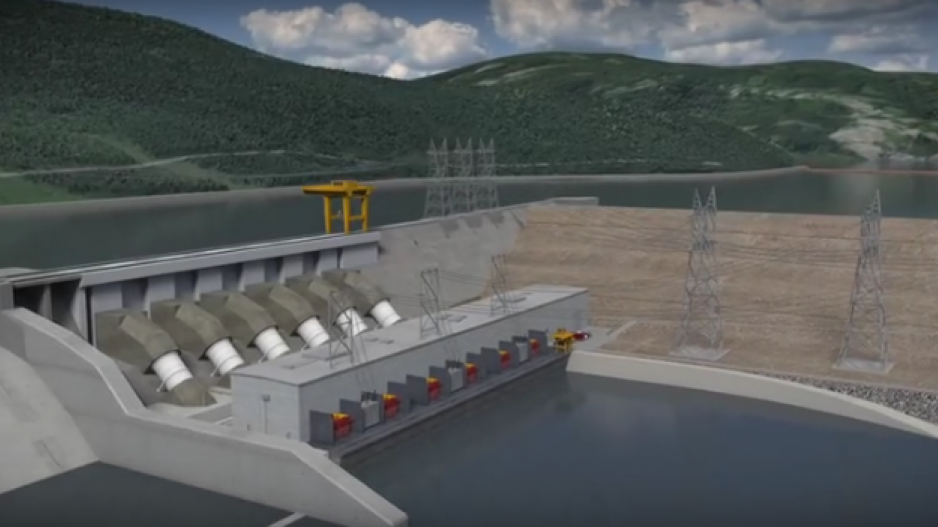Uncertainty surrounding British Columbia’s politics and policy has reached the highest level since 2009, and this has the potential to discourage investment and hold back the economy, according to a Fraser Institute report released August 29.
According to the report, commitments by the NDP and Green Party to boost personal income and business and carbon tax rates have increased uncertainty. Other areas of concern to businesses include the parties’ commitments to stopping the Kinder Morgan pipeline, continuing the review of the Site C dam project and raising the minimum wage to $15 per hour.
Such uncertainty – which can be amplified by minority governments, according to the Fraser Institute – can push business investment down by as much as 10.5%.
“In a global economy, where jurisdictions jostle for investment, heightened levels of policy uncertainty signal to investors that B.C. is not as attractive a place to do business as it once was,” said Lydia Miljan, associate professor of political science at the University of Windsor and author of the study.
“Heightened uncertainty surrounding who will govern, and what policies the government will implement, act as a drag on business and the economy.”
The report looked at the volume of news stories in local media that talked about uncertainty in the political and economic climate. According to the Fraser Institute, the number of these stories spiked immediately after the election to the highest amount since May 2013, during the previous political election.
The areas of greatest concern were found to be energy and pipelines, taxation and the general economy.
@EmmaHampelBIV




